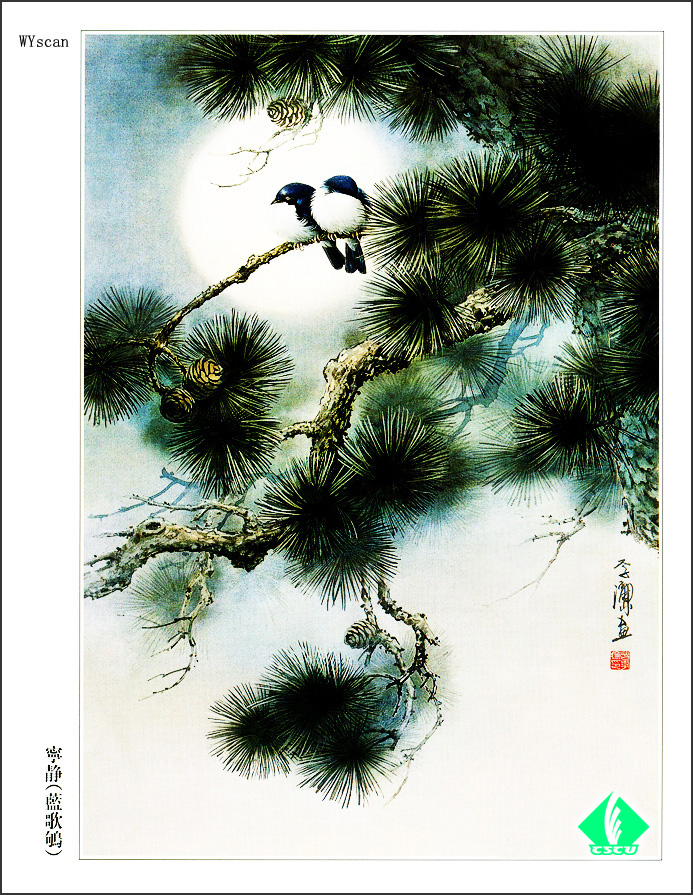|
| Query: Siberian thrush | Result: 3rd of 21 | |
[WY scan] Zeng Xiao Lian - 寧靜(藍歌鴝) - Siberian blue robin (Larvivora cyane)
| Subject: | [WY scan] Zeng Xiao Lian - 寧靜(藍歌鴝) - Siberian blue robin (Larvivora cyane)
| | Poster: | funny (from@funny.animal.photos)
| |

| Resolution: 693x895
File Size: 398322 Bytes
Date: 2003:05:28 12:46:39
Upload Date: 2006:04:21 21:19:42
|
中名: 藍歌鴝
英名: Siberian Blue Robin
學名: Erithacus cyane
Comments
=========
The Siberian blue robin (Larvivora cyane) is a small passerine bird that was formerly classified as a member of the thrush family, Turdidae, but is now more generally considered to belong to the Old World flycatcher family, Muscicapidae. It and similar small European species are often called chats. The Siberian blue robin is a migratory insectivorous species breeding in the eastern Palearctic from Siberia and northern Mongolia, northeastern China, Korea and across to Japan. These robins winter in southern and south-eastern Asia and Indonesia. Order: Passeriformes > Family: Muscicapidae > Genus: Larvivora > Species: Larvivora cyane
|
Comments |
|---|
| | Guest |
|
Siberian Blue Robin
From Wikipedia, the free encyclopedia
The Siberian Blue Robin, Luscinia cyane, is a small passerine bird that was formerly classed as a member of the thrush family Turdidae, but is now more generally considered to be an Old World flycatcher, family Muscicapidae. It, and similar small European species, are often called chats. Recent research suggests that this species is one of some East Asian Luscinias which should be classified in a new genus together with the Japanese and Ry??ky?? Robins (Seki, 2006).
It is a migratory insectivorous species breeding in eastern Asia across to Japan. It winters in southeast Asia and Indonesia.
The breeding habitat is coniferous forest with dense undergrowth, often beside rivers or at woodland edges. It feeds on the ground but is very skulking. In winter, this bird also tends to stay in dense vegetation.
This species is larger than the European Robin. The breeding male is unmistakable with blue upperparts and white underparts. The female is much drabber, with brown upperparts and whitish underparts. Her dark eye stands out against the paler brown face.
This species is a very rare vagrant to Europe, and has vagrant status even as far east as India. |
^o^
Animal Pictures Archive for smart phones
^o^
|
|
|

